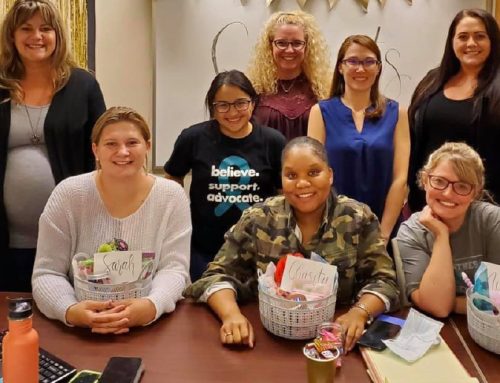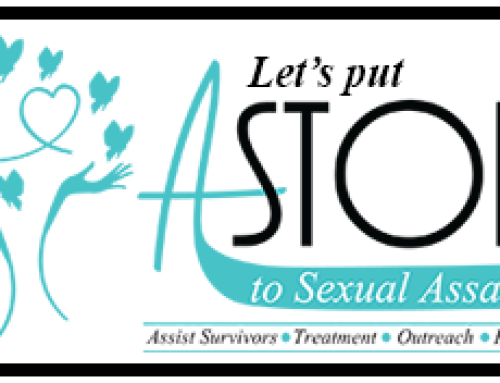April is Sexual Assault Awareness Month. Most people prefer to avoid the topic of sexual abuse/sexual assault. They may even believe it doesn’t happen in their family, their school, their city, their church, or their community.
It is happening everywhere. One out of every 3 females is sexually abused before the age of 18. Many people think it doesn’t happen to males, but statistics show that one out of every 5 males is a victim of sexual abuse, and many of them are sexually abused before the age of 5. These statistics are based on reported cases. The majority of victims never report, or if they do, they are blamed, shamed, not believed, or told to forget it and not let it bother them.
What does this mean to you? It is likely that half of the population has experienced some degree of sexual abuse. Everywhere you go, you meet these people who have a secret – they hide their shame under a façade of either niceness or toughness. They live with the fear that if anyone knew what happened to them, they would be rejected. No one hears their silent screams. You don’t know they have been victims of sexual assault because they find a way to survive their trauma.
Even survivors themselves don’t understand the long-term effects of sexual abuse. Who of you have studied the long-terms effects? Yet, you interact every day with survivors who are experiencing these effects which include: depression, anxiety, low self-worth, substance abuse, eating disorders, psychiatric problems, suicidal thoughts, flashbacks, sleep disorders, and self-contempt.
Sexual abuse is not about sex – it is about power and control over another person using sex. It is any coerced or forced touch of private parts or being coerced or forced to touch another’s private parts. It may be with a body part or an object. Or, it may not involve touch – it could be that a victim is coerced or forced to watch sexual acts or pornography. Or it could involve sexually explicit language. The offender may be an adult, but it could be another child or teen who is in a position of power over a younger or smaller child. Most offenders are male, but about 4% are female perpetrators.
What can you do? When you observe behavior in a child or an adult that leads you to wonder what is under that behavior, consider that the behavior may be a cover-up for trauma. Wonder what his or her story might be. Compassionately care with a comment such as, “I see the pain in your eyes behind your smile. Would you like to talk about it?” You can also refer them for counseling at ASTOP Sexual Abuse Center in Fond du Lac or any of the outstanding counseling centers in our area.





